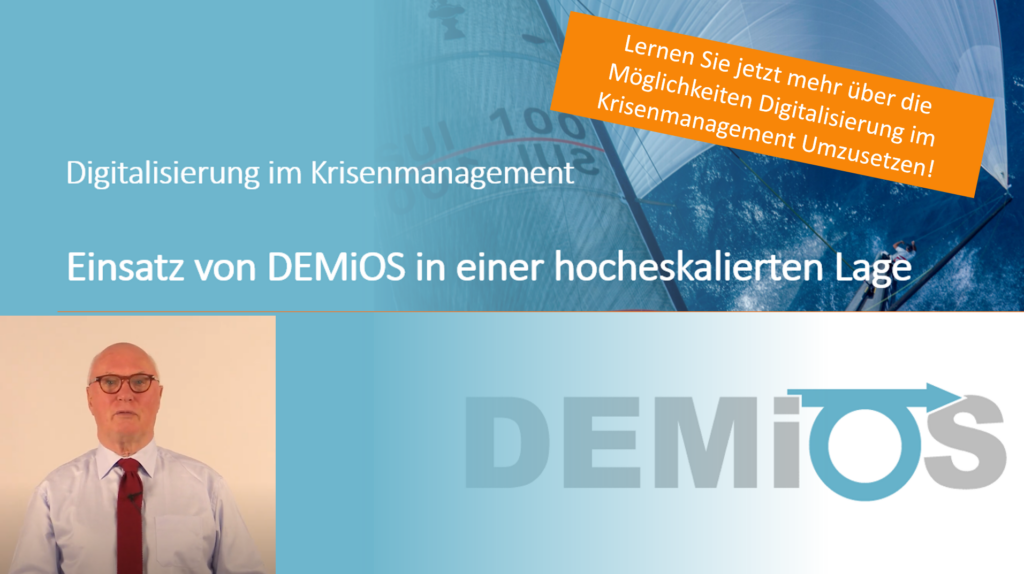Dear Sirs, Dear Madams,
The past few months have been marked by a variety of crises, from the Corona pandemic, the floods in West Germany, the events in Afghanistan, the increasing ransomware attacks and finally the shutdown of production sites due to missing IT components. At the same time, we are seeing the first signs of the next challenge, the lack of energy and especially electricity. Prices are rising dramatically. Experts warn of a widespread power blackout in the coming months.
What do all these events tell us? What about our “risk perception”? Are we prepared to recognise the risks and take appropriate care measures? If we look at the recent events mentioned above, in none of the cases pointed out can we say that it is really surprising. Do we have the impression that our society, but also our politicians, are ready to take up the necessary measures in time and act accordingly? Many questions remain. In my view, however, we should not misuse them to endanger social cohesion. With the possible answers, it depends on all of us. The famous quote by John F. Kennedy “Ask not what the state can do for you, but what you can do for the state” is gaining in importance.
The corona pandemic, which we hope will soon be behind us, has taken a lot out of all of us. This applies to both the personal and the professional side. Open questions in the private sector include:
- How will the social consequences be addressed, especially for children and young people?
- What economic consequences will the past months have in the medium term?
- Should we expect another outbreak later in autumn and the coming winter?
In the area of our clients, we have been able to accompany a number of companies on their way through the Corona crisis in recent months. Many practitioners had their say in the fortnightly lecture and discussion round via teams. Controversial topics were also discussed with refreshing clarity. For example, the difficulties in role and decision-making in the crisis team, international coordination, virtual crisis team work and the increase in ransomware attacks were mentioned. Crisis management and its organisation require new solutions and ideas. A more detailed account of the issues involved can be found in the article entitled “Basic experiences of the crisis team’s work over the past twelve months”, which appeared in S&S Report issue 1 / 2021, pages 52 – 55.
In our film “Deployment of DEMiOS in a highly escalated situation” we present our approach to digitalisation in crisis management and show possibilities for implementation. In doing so, we show what opportunities digitalisation offers. We see these not only in a single tool, but especially in the integration of the different systems. We have professionally revised the presentation and are happy to make it available to you via our homepage or directly on YouTube. Please write us your impressions.
In doing so, we show what opportunities digitalisation offers. We see these not only in a single tool, but especially in the integration of the different systems. We have professionally revised the presentation and are happy to make it available to you via our homepage or directly on YouTube. Please write us your impressions.
Finally, an event tip: In the online seminar “Crisis Management for Professionals”, you will learn how to design and train the processes of leadership and decision-making using the business game scenario “yamaoka airport”. During the scenario, you will gain practical experience of how you yourself act under pressure in a team. Sign up.
We wish you all a beautiful autumn. Stay healthy.
Klaus Bockslaff and Mathias Götsch

